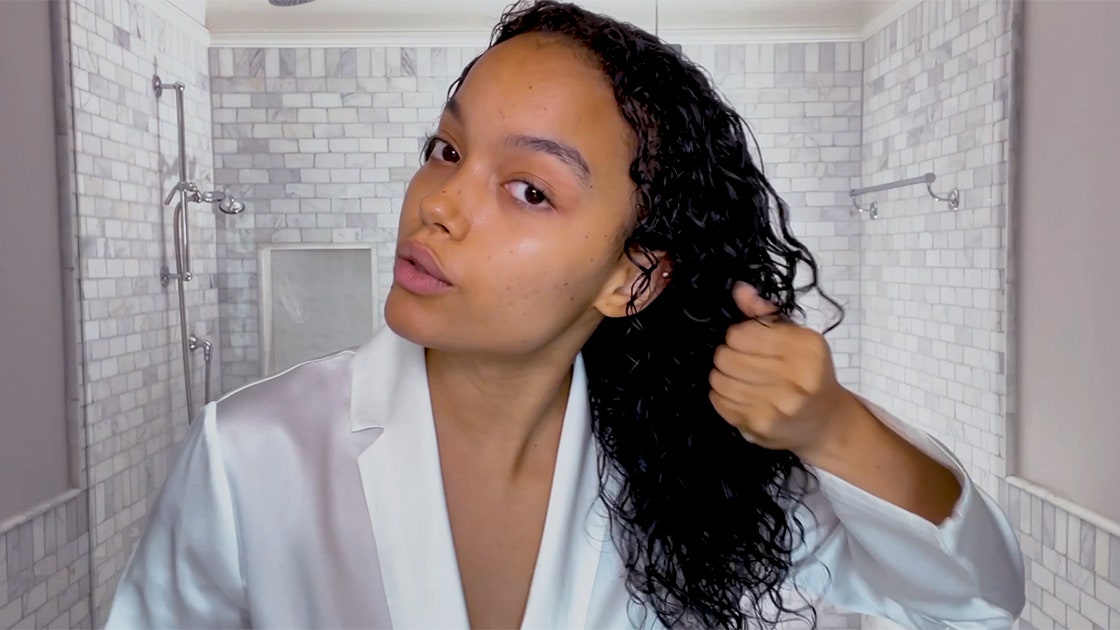
We all know that damaged hair can be a real bummer. No matter how stylish your cut and color may be, if your hair is dull, brittle, and full of split ends, it can really take away from your overall look. But don’t worry, there are ways to repair and restore your damaged locks. We’ve gathered advice from experts in the field to help you bring your hair back to life.
Understanding Hair Damage
According to Shab Caspara, a New York City-based trichologist and founder of hair-care platform Leona, there are several common causes of hair damage. Mechanical damage, such as brushing, hair ties, and extensions, can weaken and frizz your hair over time. Chemical damage, often seen in overly bleached or processed hair, can also take a toll. Additionally, thermal damage from flat and curling irons can cause further harm to your locks.
However, the causes of hair damage are not limited to external factors alone. Bridgette Hill, a New York City trichologist, explains that internal factors such as prescription medication, diet, vitamin deficiencies, aging, hormones, and styling habits can also contribute to hair fiber damage.
Treating Damaged Hair
While hair cannot be “healed” once it is damaged, there are steps you can take to prevent further damage and restore some of its vitality. Hill advises adjusting your hairstyling habits to prevent future damage and implementing practices that promote hair health and nourishment.
One crucial step is to establish a weekly deep treatment routine. Look for products that contain nourishing ingredients like fatty acids, silk proteins, conditioning oils, and humectants. These will provide hydration and nourishment to your hair, helping to repair and strengthen it from within. Additionally, consider consulting with a doctor to address any underlying health conditions that may be affecting your hair.
FAQs
Q: Can damaged hair fully recover?
A: While it isn’t possible to completely “heal” damaged hair, you can take steps to repair and restore some of its health and vibrancy.
Q: How often should I deep treat my damaged hair?
A: It is recommended to incorporate a weekly deep treatment routine to provide your hair with the necessary nourishment and hydration.
Q: What should I look for in hair products for damaged hair?
A: Look for products that contain nourishing ingredients such as fatty acids, silk proteins, conditioning oils, and humectants to restore moisture and strength to your damaged locks.
Conclusion
Repairing damaged hair is possible with the right approach. By understanding the causes of hair damage and implementing a proper hair care routine, you can bring your hair back to life. Remember to be consistent with your treatments and consult with experts if necessary. Take care of your hair, and it will thank you with shine, elasticity, and vitality.
